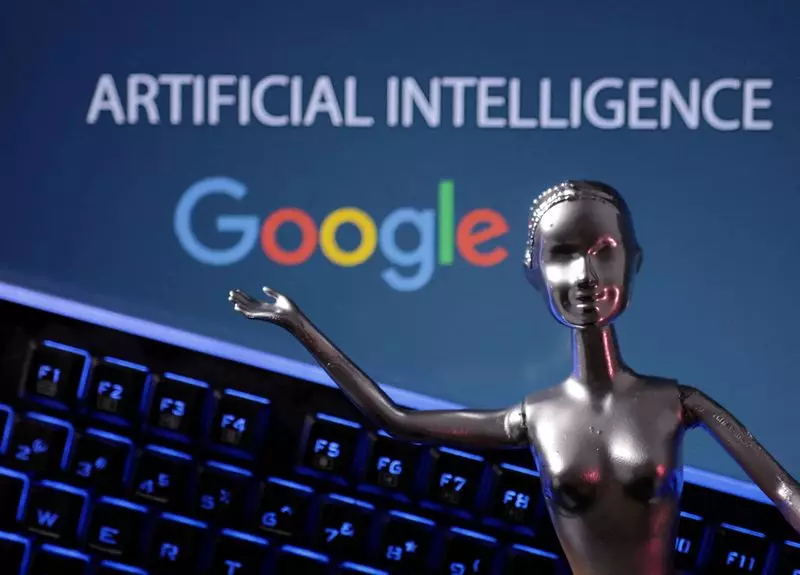The proliferation of artificial intelligence (AI) is ushering in a transformative era across various sectors, prompting regulatory bodies worldwide to devise frameworks aimed at managing its impact. Google, a powerhouse within this evolving landscape, is not only striving to advance its AI capabilities but is also proactively shaping the conversation around the technology. As the company grapples with increasing regulatory pressure, its focus on AI education has emerged as a cornerstone of its strategy to foster a positive narrative and influence policy discussions.
AI’s potential to disrupt traditional job markets has raised alarms regarding employment sustainability. Recognizing this challenge, Google aims to mitigate fears related to job displacement by investing heavily in educational initiatives. Kent Walker, Alphabet’s president of global affairs, articulated the company’s belief that enhancing familiarity with AI among workers and governments can lead to better policy formulation. By initiating educational programs that not only teach the technical aspects of AI but also equip individuals with essential skills, Google is attempting to create a cycle of understanding and utilization that benefits businesses, employees, and policy-makers alike.
This commitment is evident in Google’s “Grow with Google” initiative, which has drawn considerable attention for its focus on equipping a million individuals with skills in areas such as data analysis and IT support. Such programs are designed not simply to accommodate current job roles but to create new pathways into the tech sector—an essential move as AI continues to integrate into various professions. Specialized AI-focused courses, particularly in teaching, illustrate the company’s broader vision of a workforce that is not only skilled but also adaptable in the face of evolving technological demands.
As Google seeks to expand its influence in the AI landscape, it faces significant regulatory hurdles that complicate its objectives. The company’s attempts to address regulatory scrutiny through measures like divesting portions of its ad tech business signal a recognition of the precarious balance between innovation and compliance. The impending EU AI Act, along with various privacy and copyright regulations, represents a formidable challenge that requires not just compliance but active engagement from tech giants.
In this context, Google is exploring public-private partnerships as a means of fostering workforce readiness specifically tailored to the needs of a changing job market. Programs that partner with educational institutions aim to craft targeted training solutions that prepare workers for technical roles in AI and related fields. Walker emphasizes the necessity of aligning educational offerings with the real-world demands of the labor market, reinforcing the idea that education must be objective-driven to be genuinely effective.
While AI poses threats to specific job sectors, experts like economist David Autor highlight the potential for the technology to enhance retraining and skill development. By utilizing AI to create immersive training programs akin to flight simulators, companies can offer engaging, practical experiences that better prepare workers for new roles. This innovative approach could revolutionize adult learning, ensuring engagement and retention of crucial skills.
Despite fears of mass unemployment fueled by advancing technologies, the consensus among researchers is that AI will likely augment many jobs rather than replace them entirely. Google’s strategy thus centers on blending its AI advancements with efforts to equip the workforce, positioning the company as not just a leader in AI development but also a responsible corporate entity that prioritizes social implications.
As Google embarks on this ambitious journey toward reshaping workforce education and influencing AI policy, its proactive approach underscores the importance of bridging the gap between technological advancement and societal support. By fostering a workforce that is not only equipped with technical skills but also broadly informed about the implications of AI, Google aims to establish a sustainable model that can withstand regulatory scrutiny while promoting innovation.
In a landscape defined by rapid technological change, Google’s efforts to prepare the workforce stand as a testament to its recognition of the multifaceted challenges posed by AI. By integrating education, regulatory compliance, and strategic partnerships, the company is not merely reacting to change—it is actively participating in shaping the future of work in an age intertwined with artificial intelligence.

